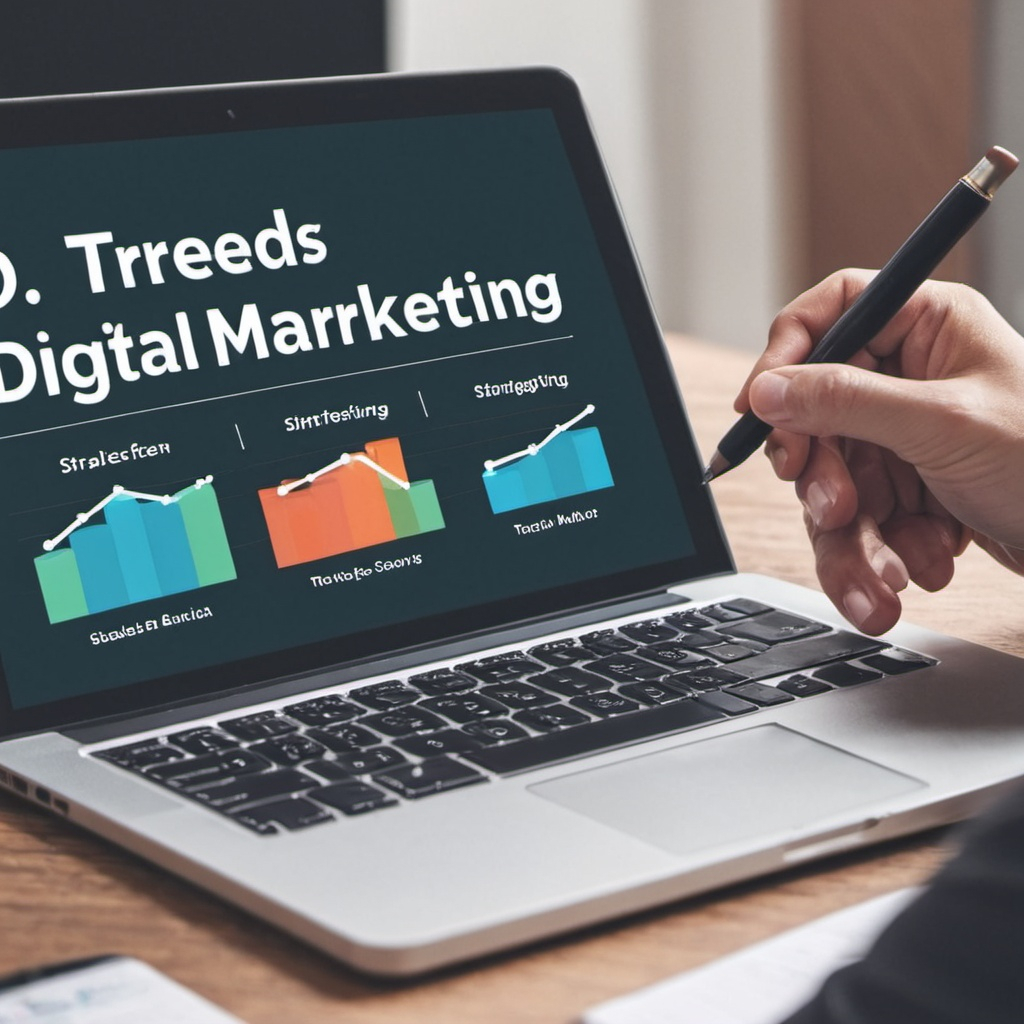Categories
In the digital age, email remains a cornerstone of communication, facilitating connections across continents and industries. From personal correspondence to business interactions, its versatility and reach make it an indispensable tool in modern life. This article explores the nuances of email, from its evolution to best practices, highlighting its enduring relevance in an ever-evolving digital landscape.*
Types of Email Communication
Personal Correspondence: Email serves as a primary means of personal communication, allowing individuals to stay in touch with friends, family, and acquaintances across the globe. Whether sharing updates, exchanging pleasantries, or organizing social gatherings, email provides a convenient and asynchronous medium for staying connected.
Business Communication: In the realm of business, email facilitates a wide range of interactions, including internal communication, client correspondence, and marketing campaigns. From formal memos to informal chats, email streamlines collaboration, decision-making, and project management, enabling seamless communication across teams and departments.
Transactional Emails: Transactional emails, such as order confirmations, shipping notifications, and account updates, serve a functional purpose in e-commerce and online services. These automated messages provide timely information to customers, enhance user experience, and reinforce brand credibility and trust.
Best Practices for Effective Email Communication
Clear and Concise Subject Lines: A compelling subject line grabs recipients’ attention and conveys the email’s purpose succinctly, increasing open rates and engagement.
Personalization: Tailoring email content to recipients’ preferences, interests, and past interactions enhances relevance and fosters a deeper connection.
Conversational Tone: Adopting a conversational tone in email communication humanizes interactions and promotes authenticity, making messages more engaging and relatable.
Timely Responses: Promptly responding to emails demonstrates professionalism, respect, and attentiveness, fostering positive relationships and avoiding misunderstandings.
The Role of Email in Marketing
Email Marketing Campaigns: Email marketing remains a powerful tool for businesses to reach and engage their target audience, driving conversions, and building brand loyalty. Segmentation, personalization, and A/B testing enable marketers to tailor content and optimize campaigns for maximum impact.
Lead Nurturing: Email automation allows marketers to nurture leads through personalized drip campaigns, delivering relevant content at each stage of the customer journey to guide prospects toward conversion.
Measuring Success: Key performance indicators (KPIs) such as open rates, click-through rates, and conversion rates provide insights into the effectiveness of email campaigns, informing strategic adjustments and optimizations.
Conclusion
Email, with its rich history and adaptability, remains a cornerstone of digital communication, facilitating connections, commerce, and collaboration across the globe. By embracing best practices and leveraging its potential for personalization and engagement, individuals and businesses can harness the power of email to foster meaningful connections, drive growth, and achieve their goals in an increasingly interconnected world.


